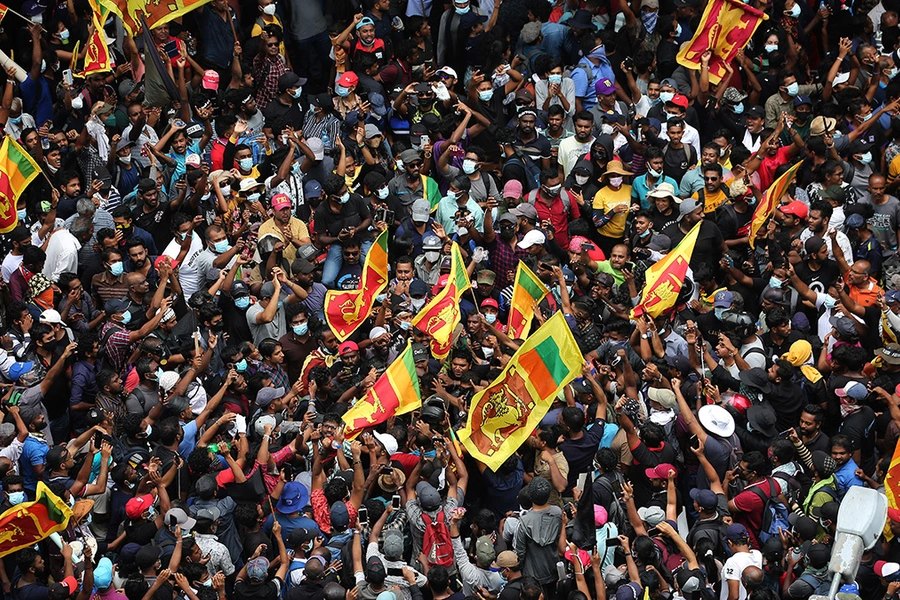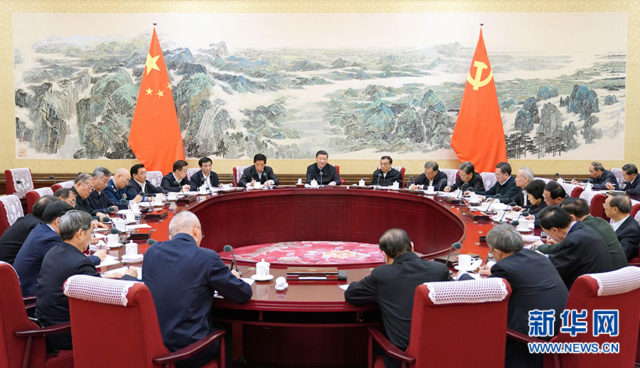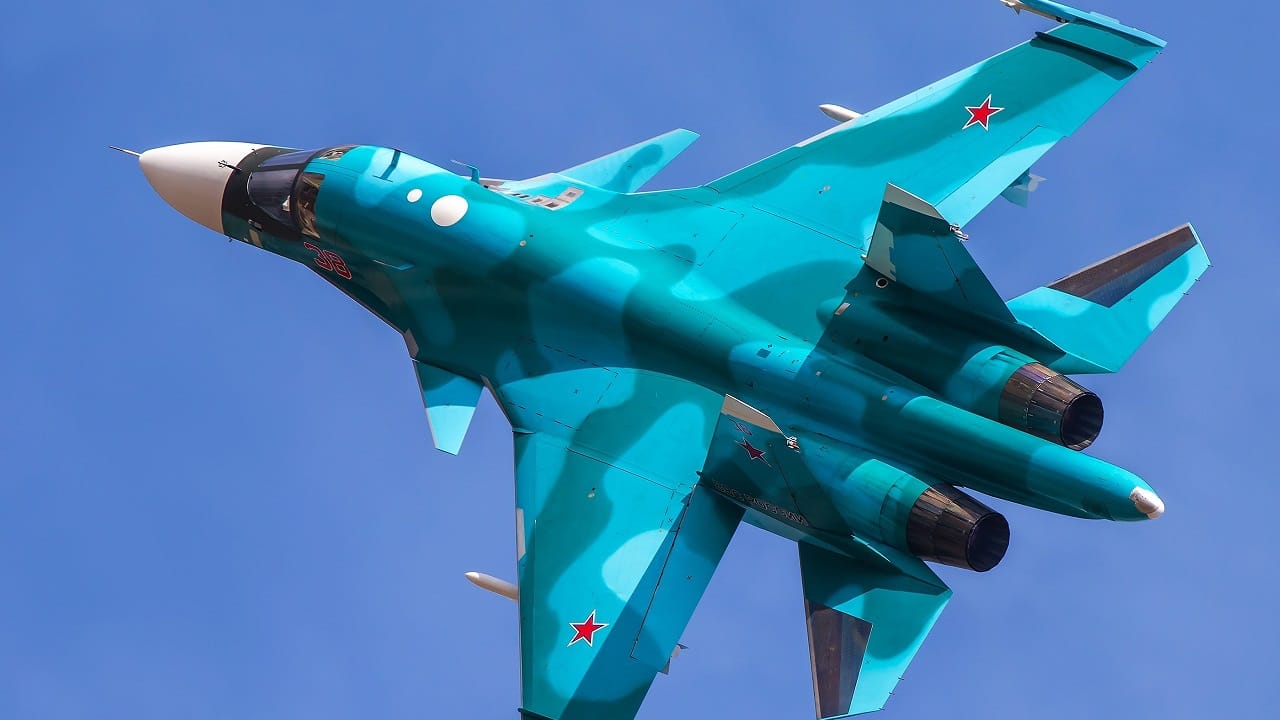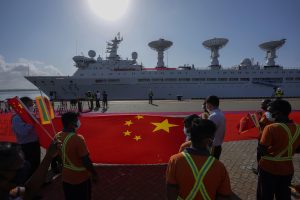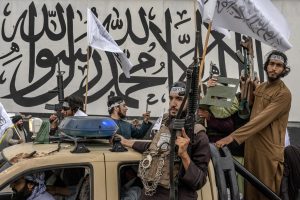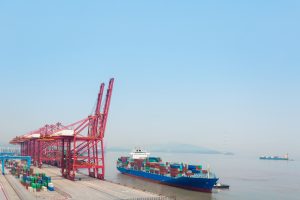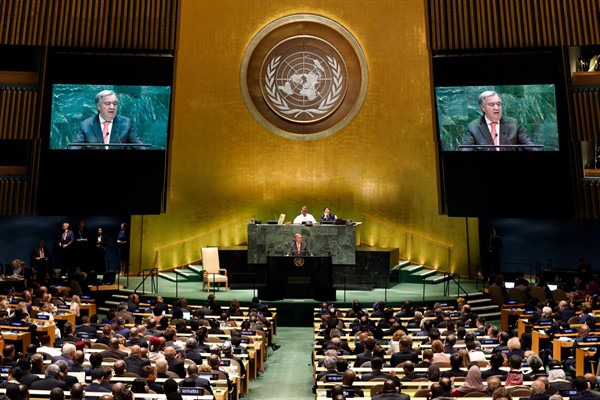Liz Sly, John Hudson and David L. Stern
KYIV, Ukraine — Ukrainian forces are pursuing a new strategy of attacking key military targets deep inside Russian-occupied territory in hopes of undermining Moscow’s ability to hold the front lines ahead of an eventual Ukrainian counteroffensive to reclaim territory, Ukraine’s defense minister said Wednesday.
Ukraine’s conventional forces lack the weapons and ammunition needed to launch a full-scale ground offensive to retake territory from the Russians, Oleksii Reznikov said in an interview. He said he expects that sufficient quantities will eventually be delivered in line with commitments already made by Ukraine’s Western partners.
In the meantime, Ukraine is seeking to erode Russia’s capabilities by attacking its most sensitive military installations from within.

